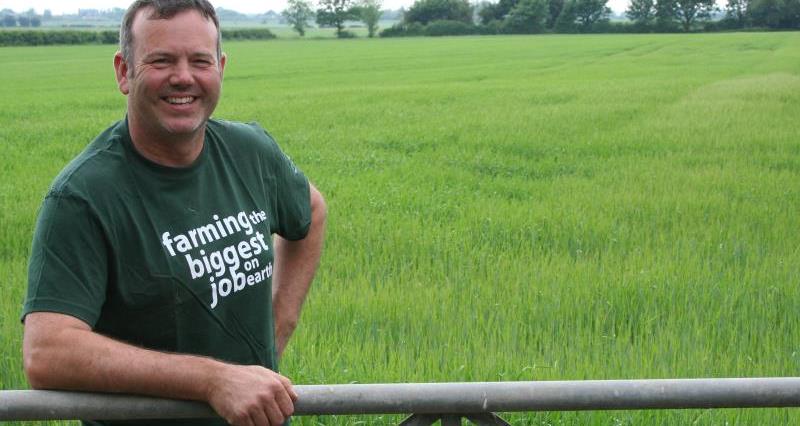He told them:
I am very aware of the vital role that my activities play in the countryside as I go about my business on a daily basis. The biodiversity and habitats I work alongside. The potential impacts on water and air quality. The occasions when traffic might build up behind a trailer as I move produce from field to farm. Farming affects everyone, in so many different ways. It is no surprise that we come under so much scrutiny.
The concerns addressed by the State of Nature report, that policy-driven agricultural change is by far the most significant driver of declines in UK wildlife, are not new. However, there is one major flaw as I see it - namely that the baseline used harks back to 1970 - when the world was very different. I really do think this approach is unhelpful in the long run. Looking this far back does help give the headlines more impact. But is it right to do this? It fundamentally fails to highlight the progress made since the early nineties in farming or, the hugely different circumstances which we now live in. I am not saying that there isn’t more we can do, but science and technology is the key to help support further progress.
More...
- Find out about the NFU Environment Forum
- On NFUonline: Our environment pages
- Farmers praised for cirl bunting habitat work
- Farming and the environment: Did you know...?
- Find out more about some of the outstanding voluntary work farmers do on the Campaign for the Farmed Environment, Tried and Tested and Voluntary Intiative websites
My philosophy is, produce good quantities of top quality produce, while improving the environment and making a good living.
In 2016, most farmers understand what is demanded of them. Yet sometimes it feels as if someone is taking the wheels of the car then asking us to drive to Scotland when what we really need is the keys to a good car and a full tank.
Science and technology must recognise that food production is vital. If it does, then we have a chance of improving our resilience to address our need for food in the light of all the challenges we face and the environment, from air and water quality, to biodiversity, habitat creation and the soil, is improved.
Let’s look forward rather than looking backwards to a period in life which will never return. And who best to deliver the best value to managing nature than farmers, because we don’t have the overheads, we are on site and we know our land. But what we do need is science and technology, education and incentives.
